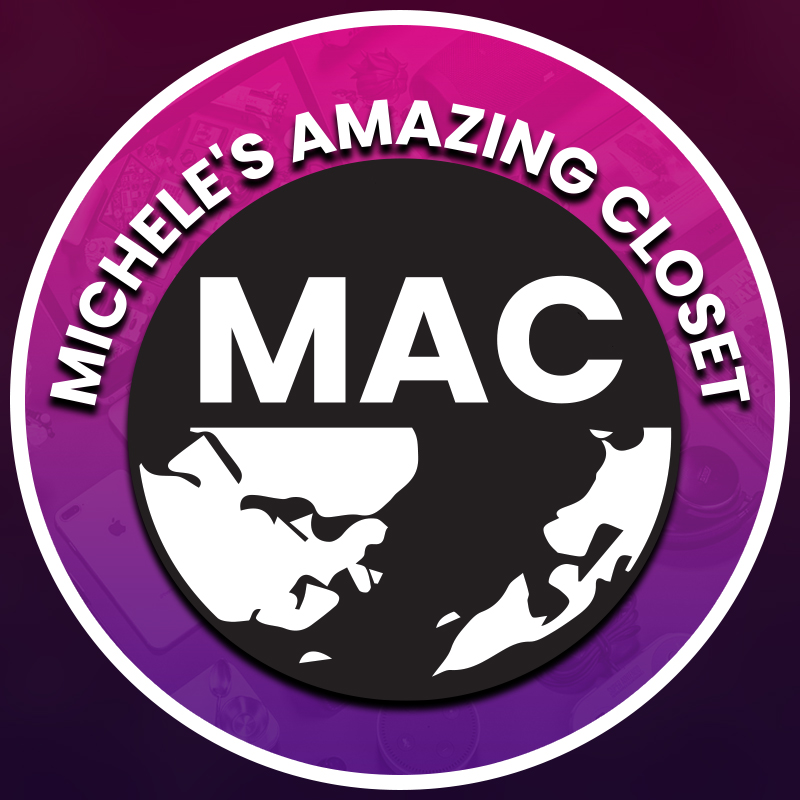
Healthcare insurer Blue Shield of California announced a multi-year cloud development plan with tech giant Microsoft to offer its members an integrated data hub dubbed the Experience Cube that runs on Microsoft’s Azure cloud platform.
The Experience Cube will utilize Azure’s analytics and storage capabilities to tie together near real-time member, provider and payer data, aiming to create more personalized services for members and drive insights for providers.
The platform will first be used as an integrated digital health record that includes a member’s lab results, health conditions, emergency room visits, medications, plan coverage and other information related to their healthcare.
The companies are also collaborating to move a Blue Shield software solution into Azure to help the health insurer analyze massive amounts of data to better respond to industry needs. The pair is also exploring new applications utilizing artificial intelligence and machine learning to meet healthcare stakeholders’ needs.
“Our goal is to create high-tech, high-touch experiences for our members that are holistic and personalized by removing longstanding silos and bringing together data in the cloud,” Lisa Davis, executive vice president and chief information officer at Blue Shield of California, said in a statement. “Microsoft’s cloud technology can help Blue Shield better coordinate with providers to open up greater access to care and services for our members. When data is available in near real-time, it enables shared decision-making among members and providers to improve health outcomes and reduce the cost of care.”
THE LARGER TREND
Microsoft has made numerous strides within healthcare.
Most recently, telehealth platform Teladoc Health announced its expanded collaboration with Microsoft to integrate the tech giant’s AI solutions into its platform, allowing providers to automate clinical documentation creation during virtual exams.
In May, Canary Speech, maker of speech analysis software, announced it partnered with Microsoft to apply its AI technology to expand its machine learning speech models for healthcare.
Microsoft’s Nuance Communications announced in March a new clinical documentation tool that uses the latest version of OpenAI’s artificial intelligence language model, GPT-4.
The company said Dragon Ambient eXperience (DAX) Express drafts clinical notes from conversations with patients conducted through telehealth or in person within seconds.

